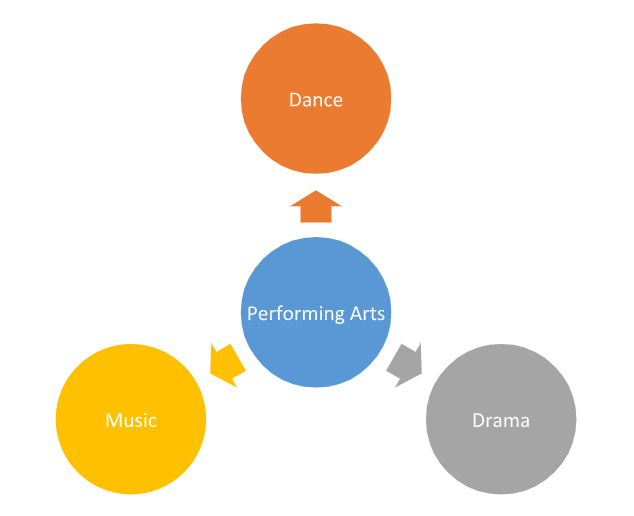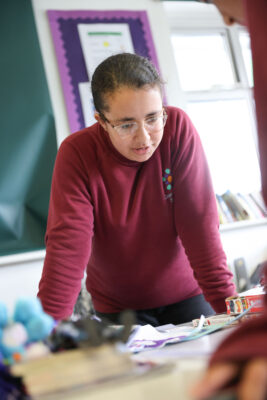 At Cambridge School, it is our belief that all our learners can be responsible and resilient citizens.
At Cambridge School, it is our belief that all our learners can be responsible and resilient citizens.
Our curriculum is constructed around developing independent living and employability skills that will lead to economic and emotional well-being.
We are committed to developing our students into young people who can determine their own futures.
We structure our curriculum around overarching themes and this topic based approach allows students to make connections and transfer knowledge and skills across subject disciplines.
It is our duty to:
- Provide a curriculum which prioritises skills for life and work, including relevant
accreditation and work experience - Ensure our learners have strong functional literacy and numeracy skills
- Personalise learning to meet individual needs
- Nurture the whole child and develop their empathy and compassion
- Provide opportunities to enrich the curriculum through a variety of trips and off site
learning experiences
We are determined that our learners will have full access to an independent life in the community by the time they leave Cambridge. We aim to boost the social and cultural capital of each student through cultural, educational and sporting visits.
Staff will work tirelessly with you and your child to make sure that each learner meets all their academic and personal targets.
Curriculum Overview and Rationale
At Cambridge School, lessons are motivating and are aimed at equipping learners with skills and knowledge that they will need as they prepare for adulthood. Students at Cambridge School build on key skills in Years 7 & 8, participating in all core subjects with a heavy emphasis on life skills and building as much independence as possible.
At Year 9, a transition year, students may join our Preparing for Adulthood route which focuses further on life skills and independence, or our Exams & Vocational Route which offers Functional Skills & BTEC’s in preparation for college/apprenticeships.
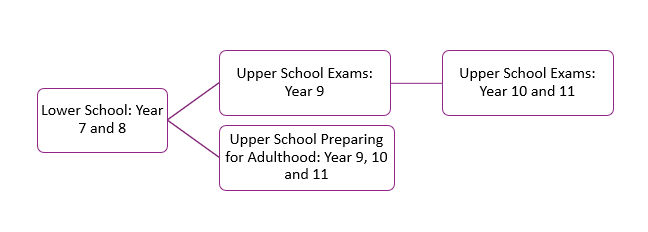
As of September 2024, we have included a separate Year 9 exams curriculum. This was established due to feedback from curriculum consultants who recommended we focus on preparing Year 9s for the vigour of the next key stage, working on skills and knowledge that would prepare them for the challenges of our core curriculum and subsequent examinations/qualifications.
The Cambridge Curriculum has a clear emphasis on Spiritual, Moral, Social and Cultural Development which is threaded through the Curriculum with whole school events and assemblies. Students are given every opportunity to explore different cultures and experiences whether this is delivered by our diverse and talented staff team, visitors to the school or via trips into our local community of central London.
We also prepare regular Drop Down Weeks, where the whole school comes away from their normal timetable to explore themes such as Democracy, The Environment, and Art from around the World. Students also enjoy a strong lunch time provision Enrichment program which includes clubs such as boxing, multisports and other clubs.
Teaching and Learning
Cambridge School has a mixed age class structure which means at Key stage 3, Years 7 and 8 learn together, following a two-year rolling topic cycle (Year A and Year B). While at Key Stage 4, Years 9, 10, and 11 follow a three-year topic cycle (Year A, Year B, and Year C). This structure supports knowledge retention as students are learning, re-visiting, and practicing key concepts and skills consistently, enabling students to recall and apply information with more ease.
While we maintain our curriculum cycle for lower key stage 3 and upper key stage 4, we are trialing a separate Year 9 curriculum for Exams students. We felt this was a crucial year, and one where we needed to ensure these students had the skills they needed to be academically and socially successful in the next key stage.
At Cambridge School we engage a primary teaching model, where students are taught by their form tutors (apart from BTECs), who have intimate knowledge of students’ needs and levels. This teaching model ensures students feel safe and regulated, knowing the specific classroom routines, and are familiar with the adults in the classroom.
Each of our curriculum subjects are divided across the three pathways, and objectives are further differentiated into ‘higher’ and ‘lower’ to ensure we are meeting the needs, and challenging the students appropriately. Lessons are further adapted and personalised to support students’ learning.
All lessons:
- Have TAs to support;
- Have clear objectives and learning activities;
- Aim to teach academic as well as social skills;
- Include motivating learning experiences to sustain student engagement;
- Include access to technologies to enhance learning and assessment;
- Are multi-sensory, functional, and designed to prepare learners for the world of work.
Students have access to individualised learning intervention sessions, speech and language therapy, drama therapy, behaviour support, and learning mentors to aid their academic and social needs across the curriculum.
Assessments
Our students access a number of formal assessments and examinations moderated by external examining bodies.
Across Upper School, we offer:
- Edexcel English Functional Skills Exam (Entry Level 1 – Level 2)
- Edexcel Mathematics Functional Skills Exam (Entry Level 1 – Level 2)
- AQA Science Entry Level Certificate (Entry Level 1 – Entry Level 3)
- AQA Unit Award Scheme (Entry Level 1 – Level 1)
- Prince’s Trust Personal Development and Employability Skills (Entry Level 3 – Level 1)
- Duke of Edinburgh (Bronze)
- BTEC Level 1 Award/Certificate/Diploma in:
– Art & Design
– Business Studies
– Hospitality and Tourism
– Performing Arts
– Sport
Within lessons, teachers use a range of other formative and summative assessment procedures to measure attainment including:
- BSquared (*Whole School Assessment Tool)
- Marking
- Mock Exams
- Photo/video evidence
- Self/peer assessment
- Spelling tests
- Presentations
- Informal exams
Please click on the tabs to view our Curriculum Maps and BTEC Information.
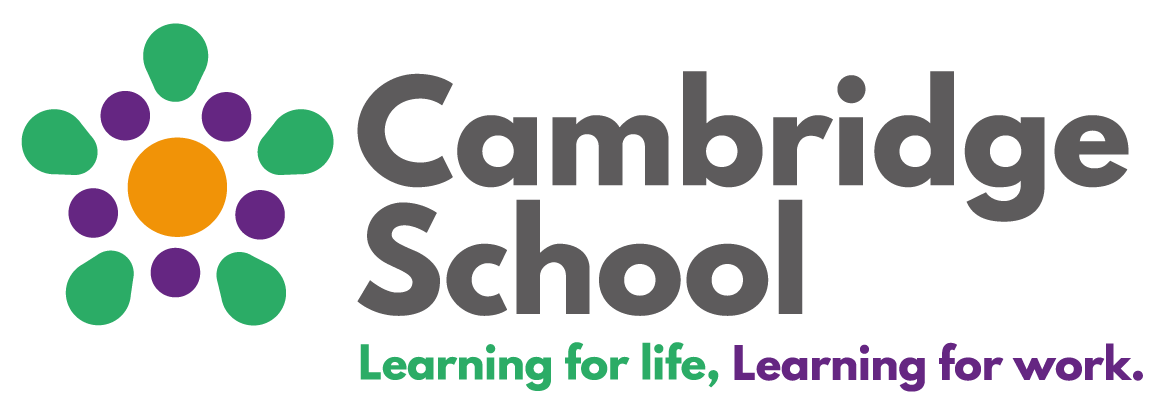

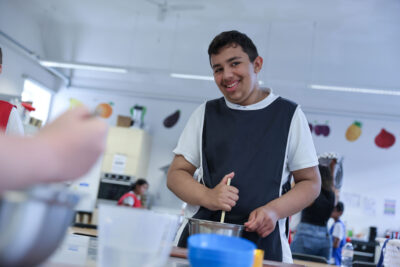 At Cambridge School we offer the following Level 1 BTEC qualifications:
At Cambridge School we offer the following Level 1 BTEC qualifications: